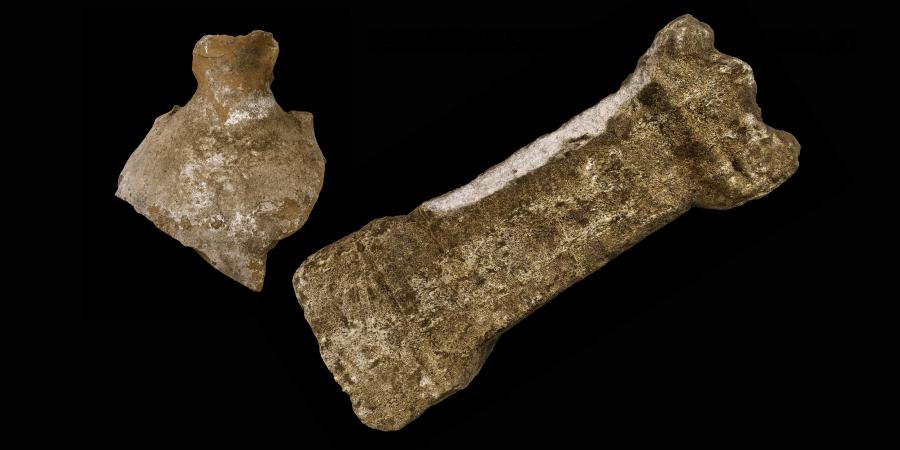About Sheffield Mind
By Teresa F. Ravenshaw - Springboard Project Coordinator
Sheffield Mind was founded almost half a century ago and is one of 132 Mind associations across England and Wales. The Springboard project has been operating for nearly 8 years now in community settings across Sheffield, through Sheffield Mind and a number of project partners, helping people with (primarily) 'low-to-moderate' mental health issues build connections, receive community support, access to information and trained staff and volunteers to talk to in a safe environment.
Due to the pandemic, during 2020 we've had to change the way this service operates, moving it from the real world into the digital world of Zoom. Thanks to a client from another Sheffield Mind service, we were put in contact with Wessex Archaeology and were able to take advantage of their amazing Lost and Found project, which several Springboard clients took active part in.
Each member of Wessex Archaeology staff we interacted with were really enthusiastic, friendly and knowledgeable about the subject. We, our clients, volunteers and staff have been very appreciative of the chance to be involved in such an exciting and informative project. The home tasks were really involving and thought provoking. For me, my favourite part was seeing the 3D scans as that allowed for a more interactive experience of all the chosen objects.
We're very excited to see the completed exhibition. Thank you again, to Natasha and the team for allowing us to be part of Lost and Found.
The Sheffield Mind group have kindly given permission for us to share their images and artworks created created as part of these sessions.
By Simon - participant
"I wasn’t sure what to expect from participation in the Lost and Found project and was a bit nervous as I have been suffering from anxiety and depression. It turned out to be a really great experience, full of interest and insight into an area I know little about - archaeology. It was fascinating to learn not only about some archaeological objects themselves but also the amazing technology in creating and displaying 3D images of them.
Sharing time with Natasha, Erica, Leigh, Will and Tom from Wessex Archaeology and with other participants from Sheffield Mind was a real tonic for me and a highlight of my week. This was particularly so during the pandemic when times have felt more lonely and cut off. One of our tasks was to choose and talk about objects that are significant to us. Hearing something about other people’s passions and lives, and also sharing my own objects, has brought me out of myself and made me think about the place of objects in my own life.
The project has been an opportunity to pause and reflect. It has reminded me how rich the world is and what people can achieve together. Hearing and seeing such knowledgeable people first hand has brought the world of archaeology alive for me in a way reading couldn’t have done. The use of new technology enriched the experience further."
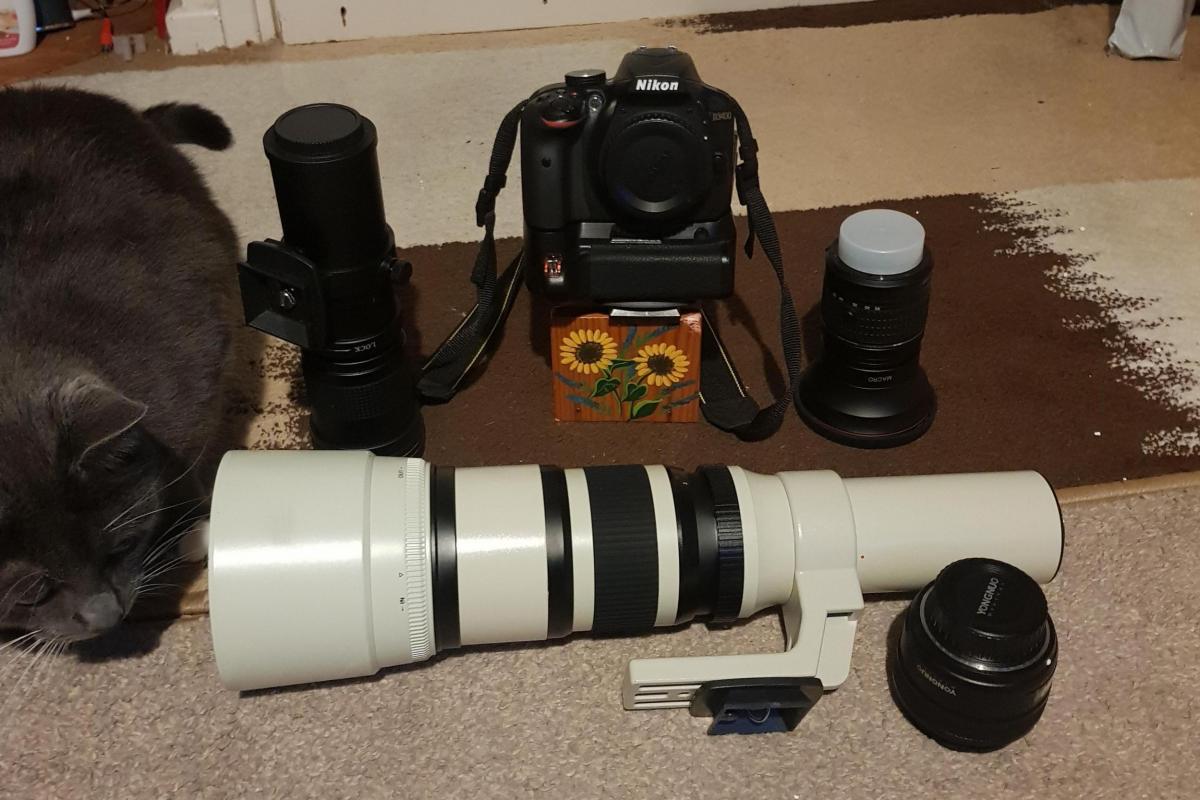
"It took me into an area of knowledge I don’t know much about and made it come alive. It was very helpful to enjoy people’s first hand accounts about the objects and their history, and to be able to ask questions."
"I learned a lot and got enthusiastic about something I hadn’t expected to quite so much."
"The most interesting was the mystery surrounding some of the artifacts."
"The context of how they were made and used, where and when they were found and how they have been preserved."
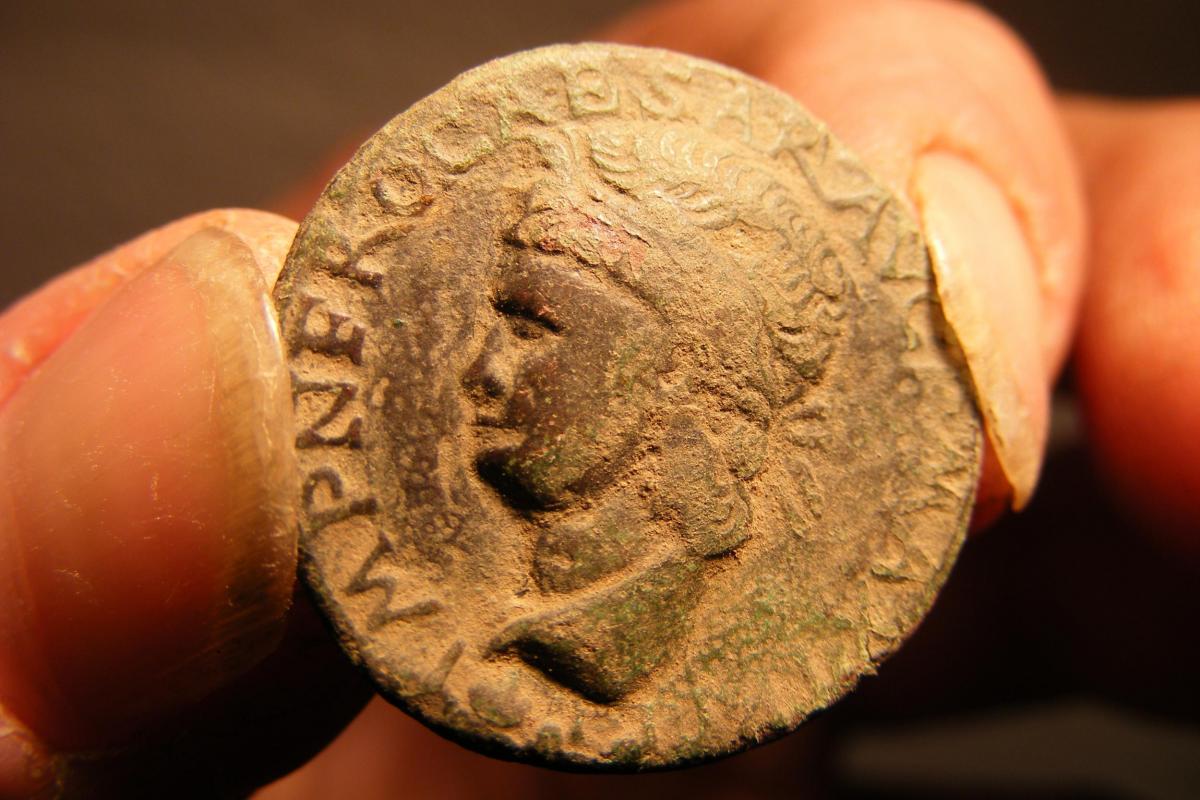
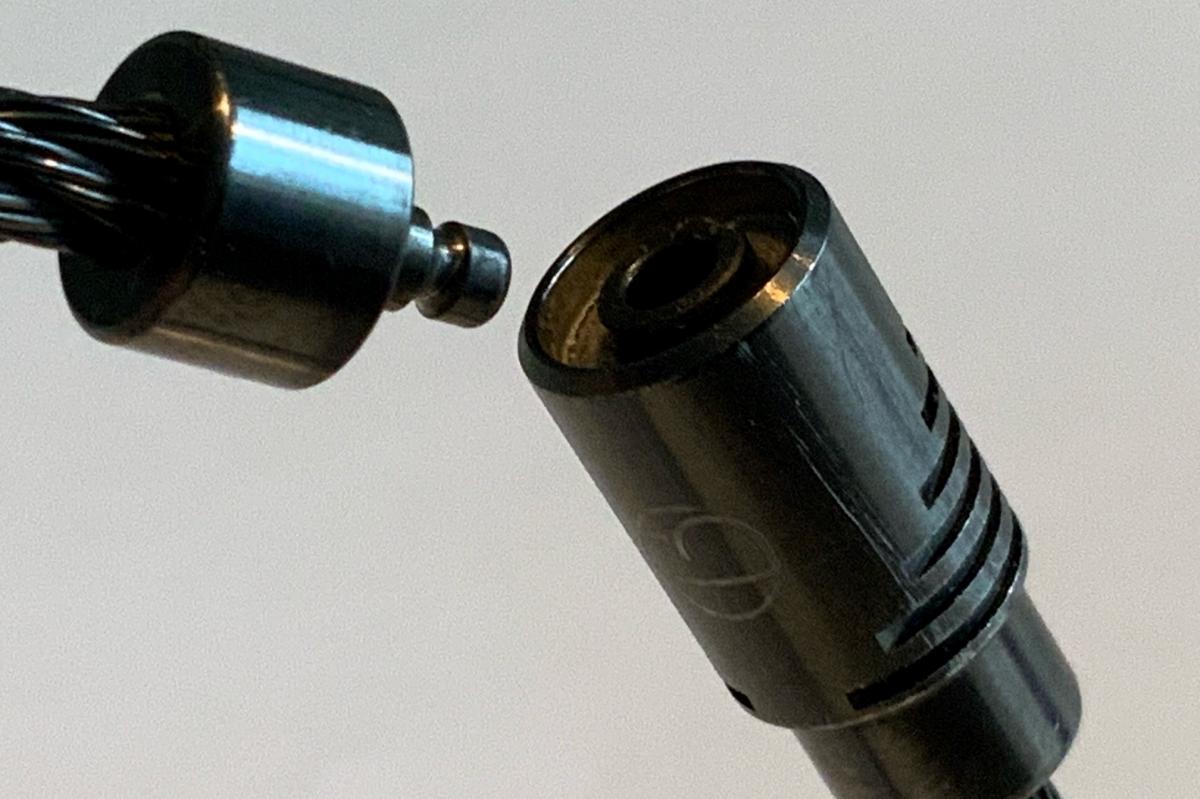
"I thought the objects were very well described and presented and it was great that so many people from Wessex Archaeology contributed in their different ways."
"A better insight into archaeology and engagement with other people. A glow from joining in something interesting and worthwhile."
"I felt very much welcomed, interested and engaged. I learnt a lot about archaeology, some interesting archaeological finds and online museums and technology. Also some very interesting insights into other people’s interests and lives."
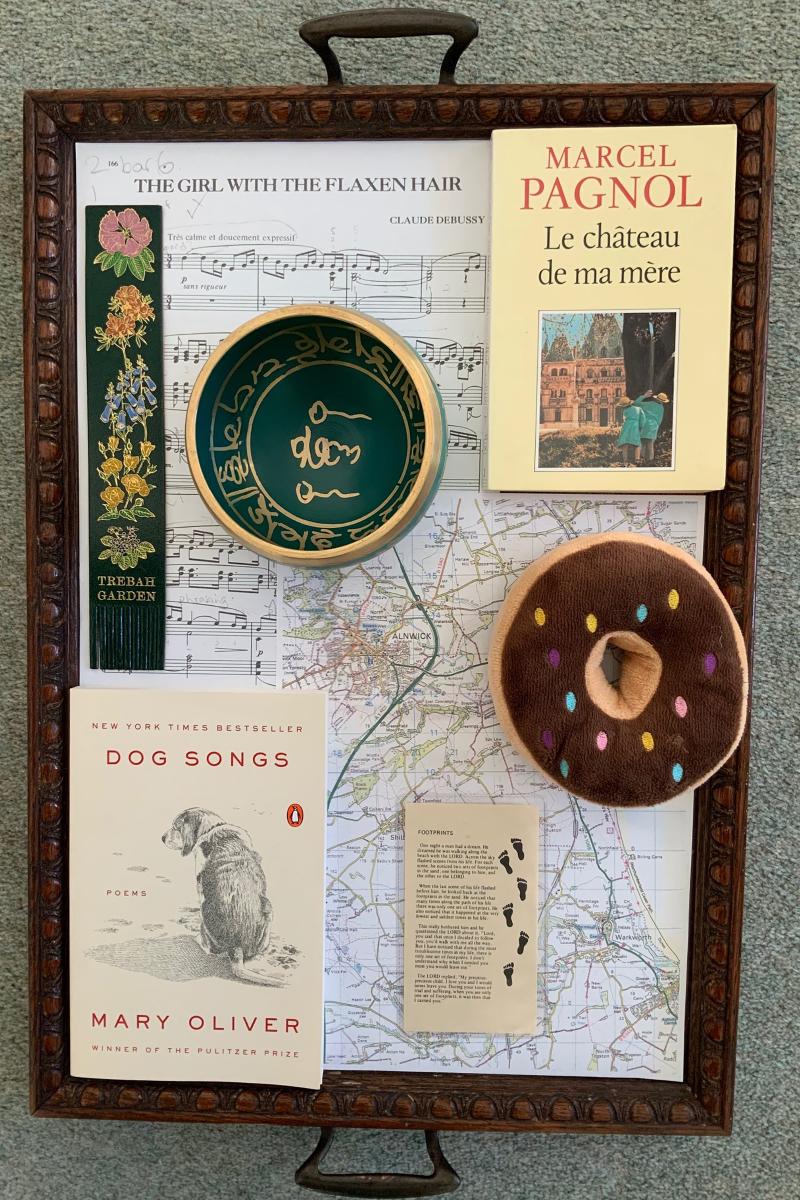
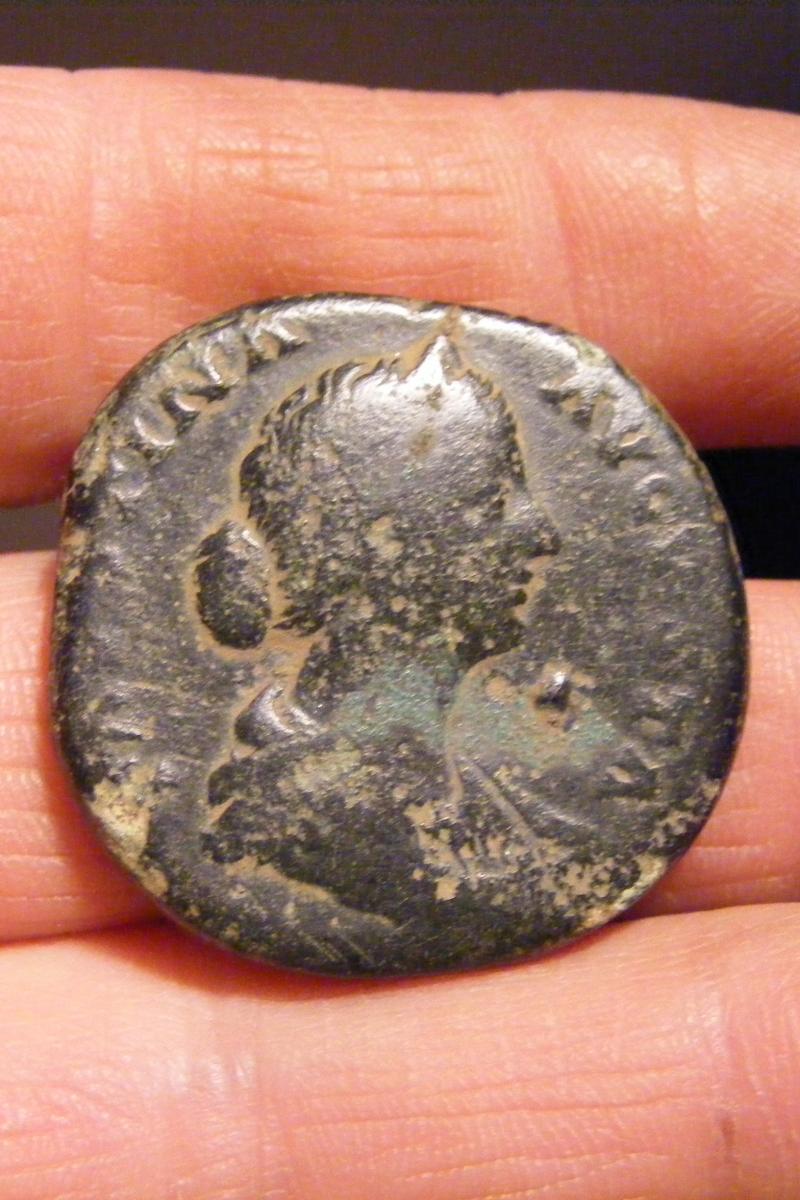
"A good connection with some interesting and kind people and an interesting insight into some new and fascinating areas which were brought to life for me."
"I found the home tasks challenging as I am not used to being creative. It felt uncomfortable at first as I was very self-conscious but by the final task I felt much more comfortable and found it stimulating and fulfilling."
"It was great to be able to ask questions openly. It also set me thinking about what is important to me and what objects mean something to me and my life. It was great to be able to share these."
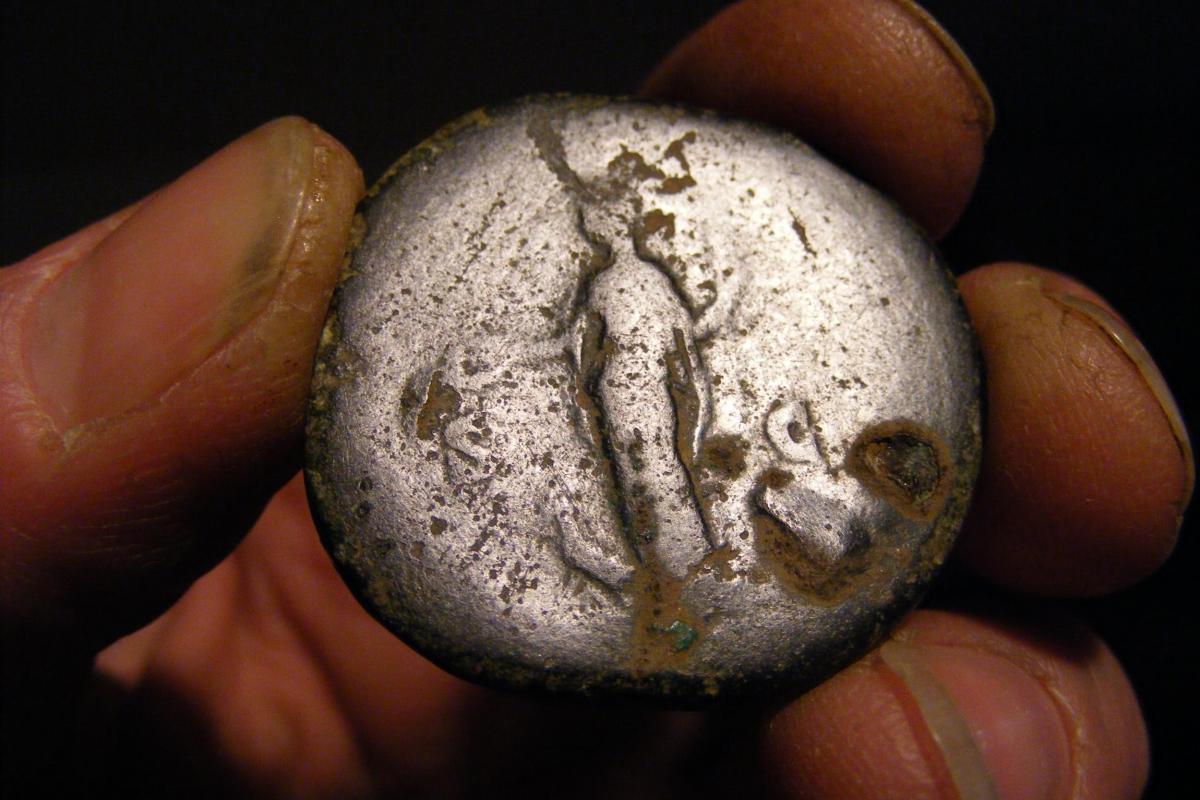
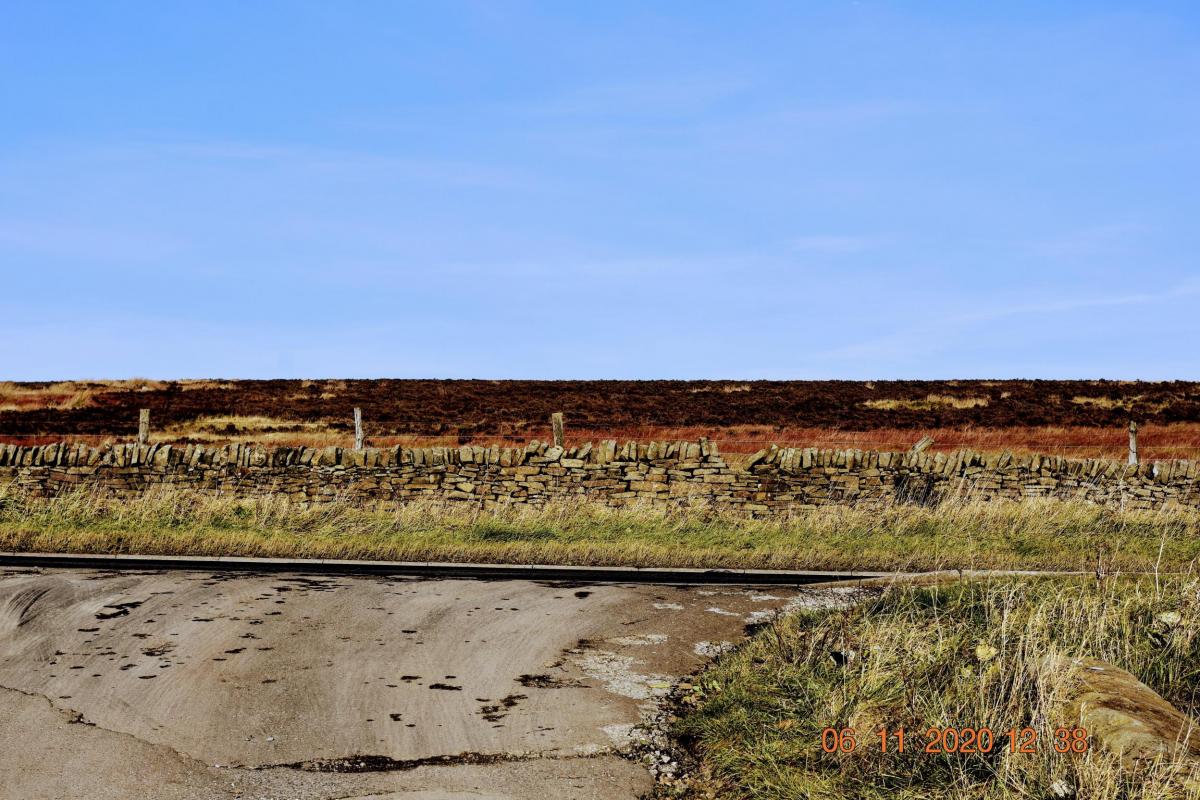
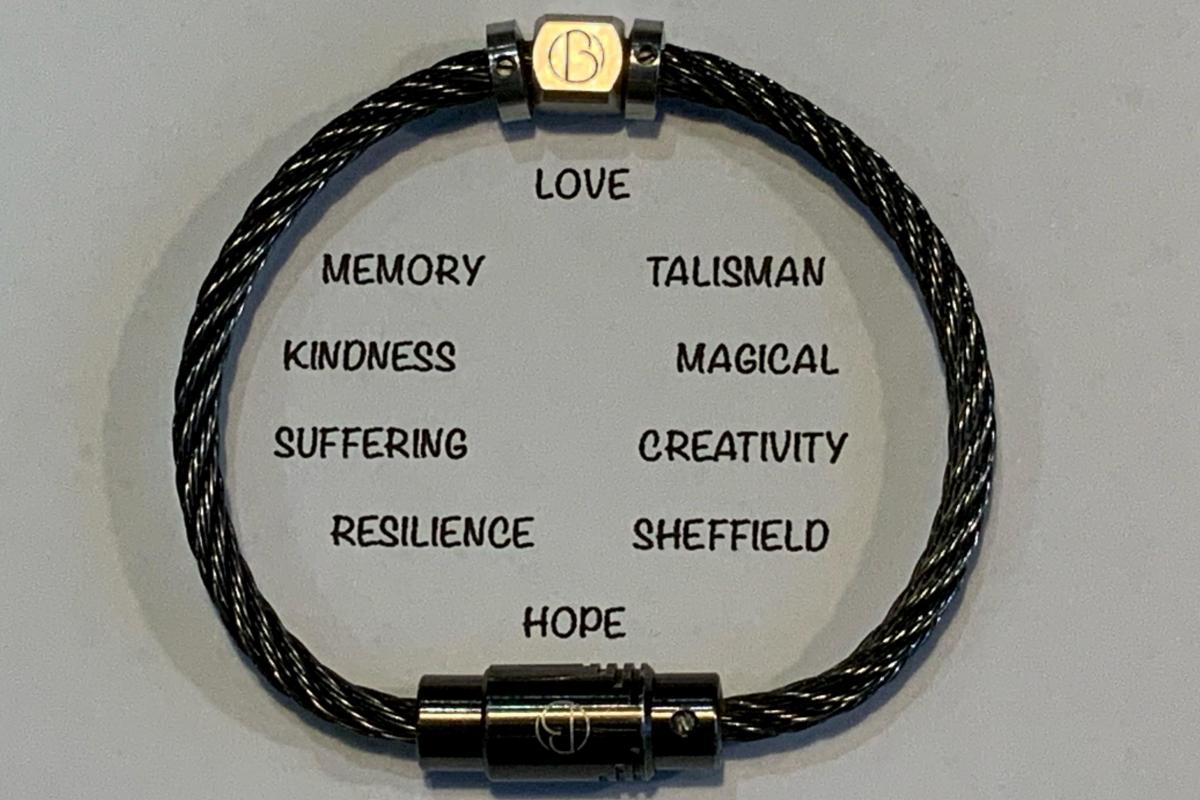
"It has inspired me to look creatively at how I could further express myself and what is important to me through objects of interest and beauty."
"I found it uplifting, engaging and heartening."
"Firstly we voted for a small Roman stone altar found in a settlement which may have been a stopping place for travellers. It was interesting to think of its significance to them and the role religion had in their daily lives."
"The other object came from a Roman amphora in which olive oil or similar had been transported from Southern Europe. The top/neck section had broken off and then been used to hold human remains at a burial site. The journey which the object had been on and the sacred use to which it had been put were fascinating."
The Sheffield Mind group have selected two objects from our archives to go into this online museum. Please do explore the objects below, we hope you enjoy them.
Romano-British amphora
The upper body of a Dressel 20 amphora. The rim is missing, and the handles have been deliberately removed. This item was found inverted in the grave of a young adult at Thorne Hill in Kent, and dates to between AD 50 – 300. Dressel 20 amphorae were made in southern Spain and used to import Spanish olive oil into Britain; they are first known in this part of Kent in the 3rd quarter of the 1st century AD, but most imports of Spanish oil into Britain took place in the later 1st – mid 2nd centuries AD.
Romano-British stone altar
This stone altar (ON 40) was discovered at a previously unknown, Romano-British settlement found just north of Beanacre, Wiltshire excavated by Wessex Archaeology. It was accompanied by another altar and they were situated near the main Roman road. They were also not far away from a dog burial and a stone-lined well. The altars may indicate the position of a roadside shrine, though it is unclear about its relationship to the settlement. More info is available on our website here.
Return to the Lost and Found Museum home page
